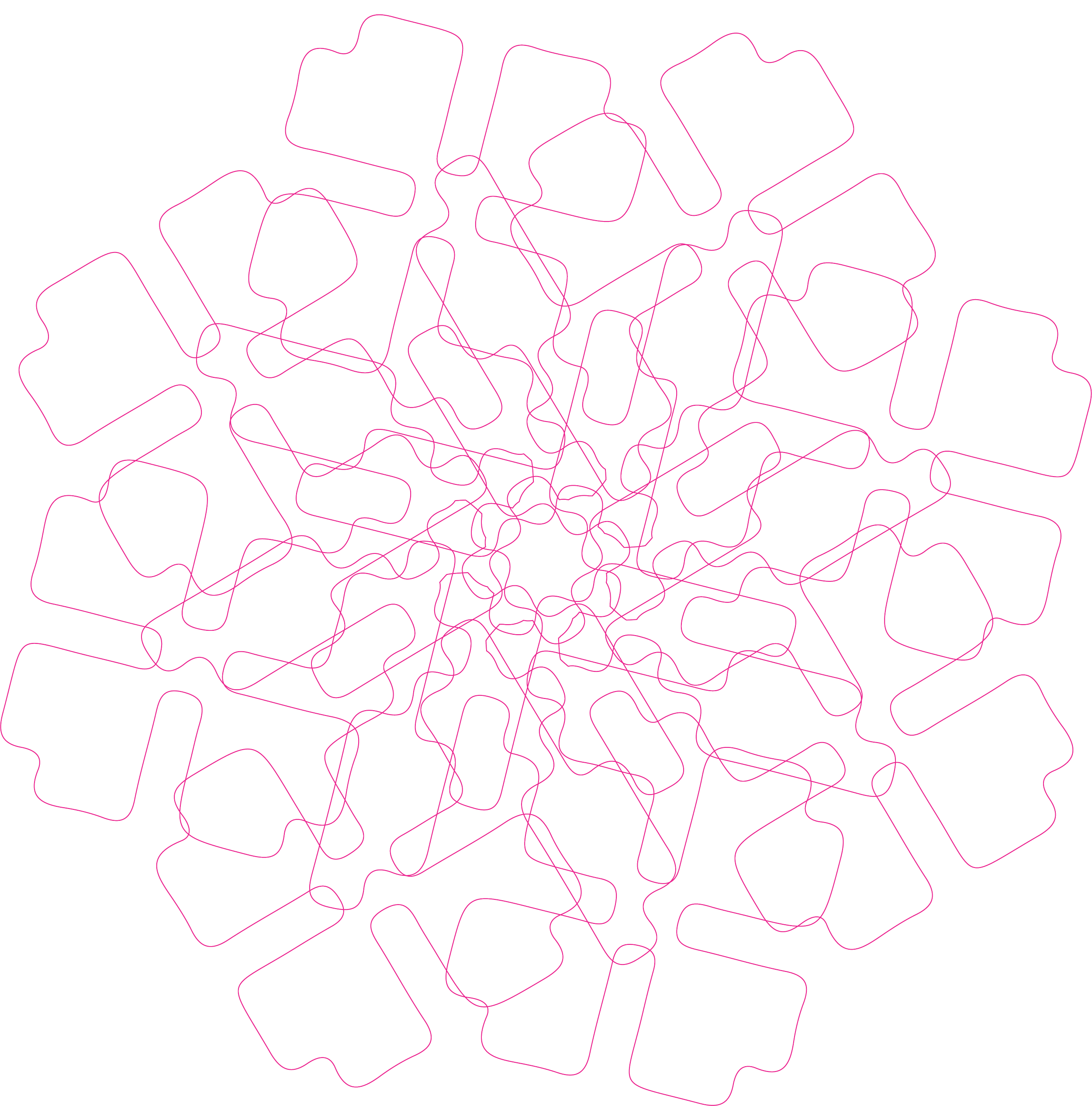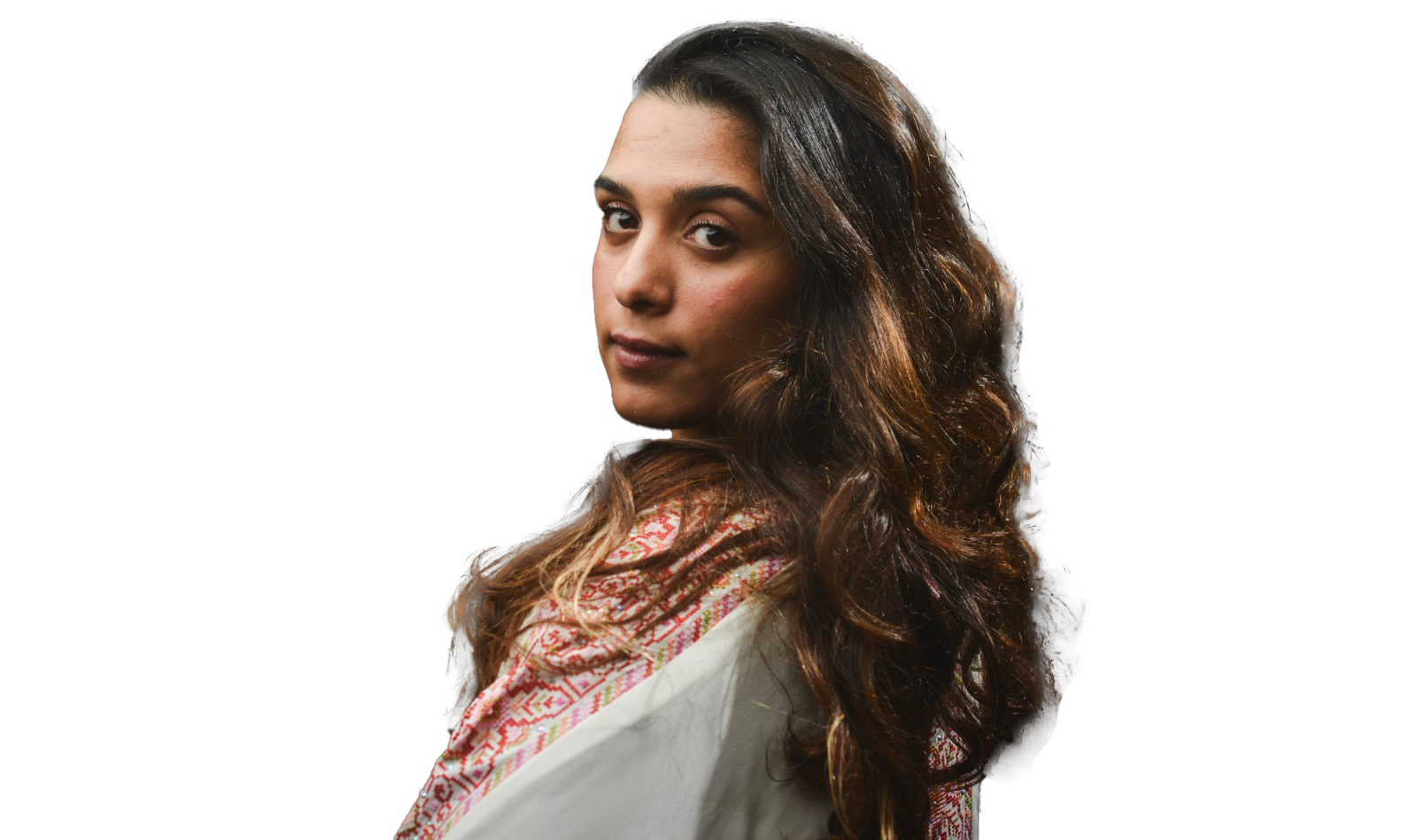
NUR GARABLI
At the heart of my practice is the concept of ResisDance—a term I coined to describe the fusion of dance and resistance. Through ResisDance, I use movement as a language of protest, healing, and reconnection. It’s how I engage with collective memory, challenge societal norms, and plant seeds of cultural renewal through the body.
As an artistic director and community-rooted artivist, I initiated and curated two women-led dance festivals with the Choreographer & Dancer Yasmeen Godder in Yaffa—spaces where collective movement became a vehicle for healing, resistance, and visibility in a society that often silences or erases us. In earlier stages of my journey, I also facilitated shared spaces that brought together Palestinian and Jewish women through dance, dialogue, and creative process. These encounters functioned as embodied acts of decolonization—offering Jewish participants an opportunity to confront inherited structures of power, while supporting Palestinian women in reclaiming space, voice, and presence. Though this work shaped my path, today my focus is centered within Palestinian society, where I continue to cultivate spaces of cultural memory, liberation, and somatic empowerment through dance.
Reclaiming Dabke is also central to my choreographic practice—not just as an aesthetic choice, but as a political and intergenerational act. Dabke, once a fluid and communal dance, has been reshaped by militarization, patriarchy, and capitalism. Through my work, I reclaim it as a collective heartbeat, a choreography of resistance, and a declaration of presence. I honor the ancestors who danced before me, while reimagining the form through a contemporary lens—one where women take up space, reclaim agency, and disrupt imposed binaries.
Growing up, I was often the only Arab Palestinian in the room—especially in dance spaces—constantly negotiating my identity, my body, and my belonging. Living in Yaffa, I witness daily displacements and the ongoing erasure of my people. These realities live in my work. They move with me.
Today, I continue to perform, teach, create, and direct under the banner of Contemporary Palestinian Dabke, offering workshops, performances, and community gatherings that blur the lines between heritage and innovation. My recent choreographic works include SeventyThree (2021), HaKovshim X Allenby (2021)(kippod hazahav award winner for best choreography,2022), CHÉ (2022), 72 Virgins (2022), and ARABESQUA (2024). Through them, I seek to archive body memory, build collective power, and reshape the landscape of Palestinian dance—one step, one breath, one beat at a time.
I was raised in Yaffa, occupied Palestine, by three generations of powerful Palestinian women—my mother Eman, my twin sister Yara, and my grandmother Layla. Our lives were deeply rooted in our ancestral land, yet my upbringing under the shadow of the Israeli regime was anything but simple. It wove complex questions into the fabric of my identity—questions of belonging, cultural heritage, and home. Rather than seeking neat answers, I turned to art, dance, and activism as ways to explore and express those questions. Through them, I found my voice—a voice grounded in my body, my lived experience, and my people’s enduring struggle.
I am a Palestinian choreographer, dancer, artivist, curator and artistic director based in Yaffa. My work is grounded in somatic research and community-rooted practice. I focus on fostering body knowledge and embodied expression within the Palestinian society—particularly among women and gender-marginalized individuals. Through workshops in performance & choreography, improvisation, and Contemporary Palestinian Dabke, I help participants reconnect with their bodies, their stories, and their ancestral memory. This embodied work is my way of offering healing and resistance in a context where colonization, patriarchy, and silence often fracture our connection to self. I see the body as both an archive and a tool for transformation—a place to reclaim agency, intuition, and power.


